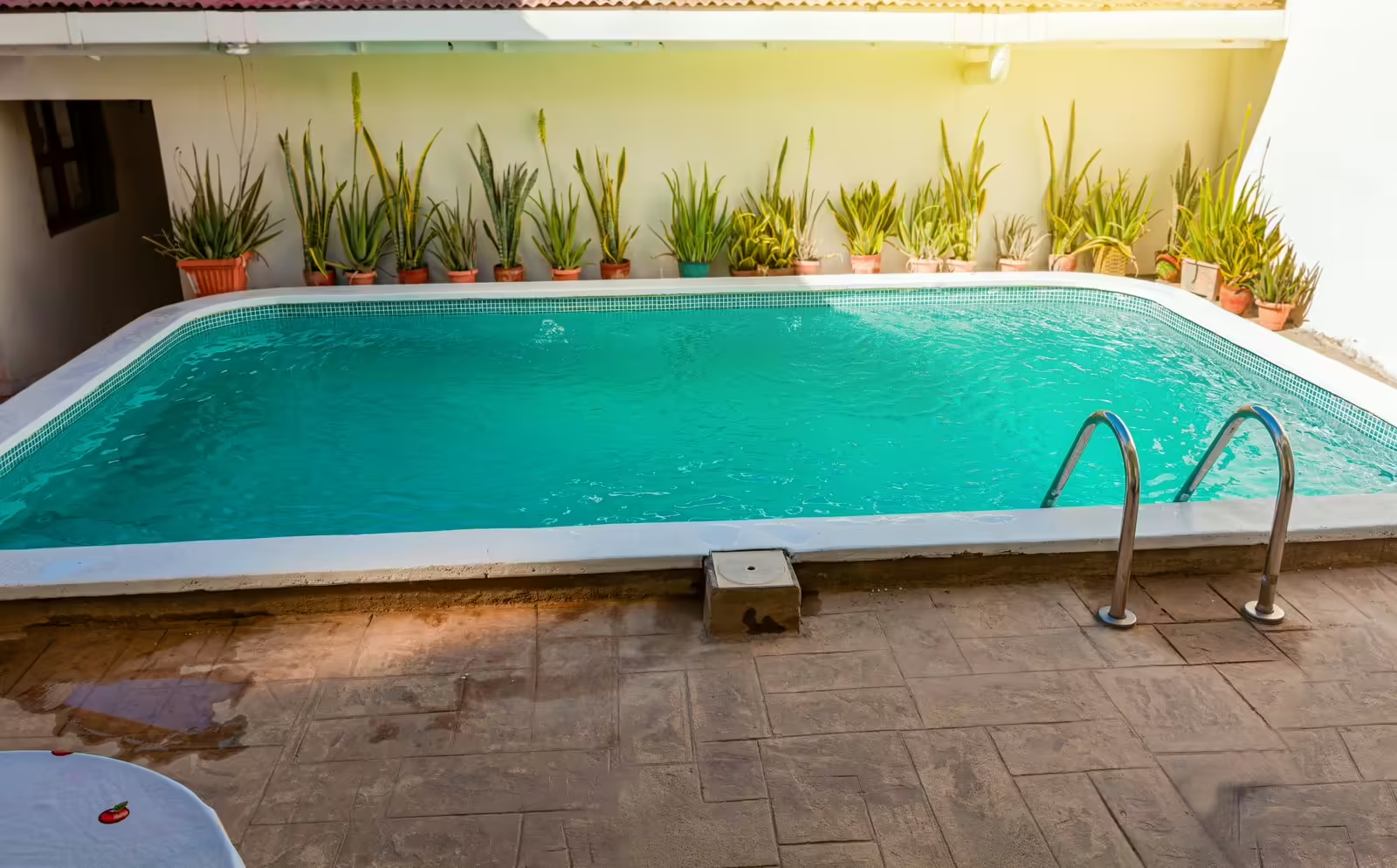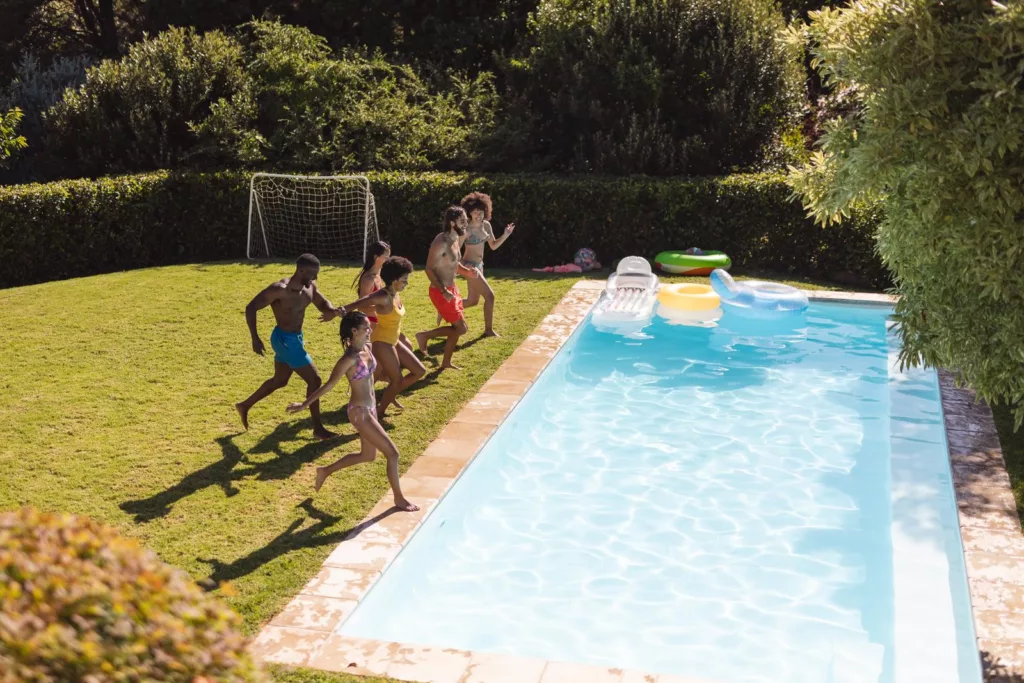Who Can be Held Liable in a Drowning Accident in Florida?
Drowning accidents can happen in various settings, from private pools to public beaches, and they often result in tragic consequences for victims and their families. Understanding liability in these cases is essential for seeking justice and holding responsible parties accountable.
In Florida, various individuals or entities can be held liable for a drowning accident depending on the circumstances. We can help you understand all the determining factors regarding responsibility, as well as what circumstances might influence liability.
What are Some of the Most Common Settings for Drowning Accidents?
Florida’s abundant water resources, including pools, lakes, rivers, and beaches, create high risks for drowning incidents. Drownings can occur in:
- Residential and hotel pools
- Public swimming pools and recreational centers
- Water parks
- Beaches and waterfronts
- Natural bodies of water like rivers and lakes
Each setting has unique safety requirements, which, if neglected, can lead to accidents. Liability in drowning cases hinges on factors such as premises safety, the actions of individuals involved, and adherence to local and state regulations.
J S.
Good pace in assisting and oriented information. Always have the time to answer your questions.
Who are the Potential Liable Parties in a Drowning Accident?
Several parties may be held liable in a drowning accident, depending on the circumstances. Here are the primary individuals and entities that could be responsible.
1. Property Owners
In Florida, property owners have a duty of care to ensure the safety of their premises, including swimming pools or other water features. This responsibility is especially heightened for public spaces like hotels, apartment complexes, and resorts.
- Premises Liability: Property owners are required to maintain safe conditions, provide adequate signage, and secure the pool area to prevent unauthorized access, especially when young children are present.
- Failure to Provide Safety Equipment: If a pool lacks adequate safety equipment, such as fencing, gates, or life-saving devices, the property owner could be liable for any accidents.
For example, a homeowner who fails to install a fence around their pool, as required by Florida law, could be liable if a child gains access and drowns.
2. Hotel and Resort Operators
Hotels and resorts that offer swimming facilities have specific responsibilities to ensure the safety of their guests. This includes providing lifeguards, signage indicating pool depth, and access to emergency equipment.
- Duty of Care to Guests: If a hotel fails to maintain safe swimming facilities or does not provide adequately trained lifeguards, they can be held responsible for any resulting accidents.
- Negligent Maintenance: Pool cleanliness and water quality must be regularly maintained to prevent slip-and-fall accidents and other injuries that could lead to drowning.
In cases where a resort has failed to address known hazards, such as broken gates or slippery surfaces, and a drowning occurs, the property owner or manager could face liability.
3. Public Pool and Beach Operators
For public swimming pools, beaches, and recreational centers, local government agencies or private operators may be liable for drowning accidents. These entities must meet stringent safety regulations, including providing lifeguards, clear signage, and marked swimming areas.
- Failure to Monitor Swimmers: If a drowning occurs due to lack of supervision, such as insufficient lifeguard presence, the operator may be liable.
- Inadequate Warning Signs: Public pools and beaches must provide clear warning signs about hazards, such as rip currents or shallow water. If warning signs are missing or unclear, liability could arise.
In Florida, public beaches have distinct regulations regarding safety measures. Failure to adhere to these regulations could place responsibility on the managing entity.
4. Pool Contractors and Maintenance Providers
In some cases, the company responsible for building or maintaining the pool may be liable if faulty construction or improper maintenance contributed to the accident.
- Defective Pool Design or Construction: If a pool was poorly designed or constructed, leading to dangerous conditions (such as sharp edges, steep slopes, or poor drainage), the contractor or builder may be liable.
- Inadequate Maintenance: Pool maintenance companies must ensure that the pool remains in safe working condition. This includes managing water quality, maintaining equipment, and ensuring proper functioning of drains and filters.
For instance, if a maintenance company fails to repair a broken drain cover, which causes a swimmer to be trapped underwater, they could be liable for any resulting injuries or fatalities.
5. Product Manufacturers
In cases where faulty equipment or pool products contributed to a drowning, the product manufacturer may be liable. This could involve defective pool drains, ladders, flotation devices, or even life vests that fail to function as intended.
- Product Liability: If a product defect leads to injury or death, the manufacturer may be held liable under product liability laws. This could include design defects, manufacturing defects, or failure to provide adequate warnings.
An example could be a defective pool drain cover that causes a swimmer’s hair or limbs to get caught, leading to drowning. In such cases, the manufacturer or distributor of the defective product could be liable.
6. Event Organizers or Supervisors
For events where swimming is an activity—such as summer camps, sports clubs, or recreational programs—organizers have a duty to provide adequate supervision and ensure the safety of participants.
- Negligence in Supervision: If staff or supervisors fail to monitor swimmers properly, they may be liable for accidents that result from their inattention.
- Failure to Provide Adequate Safety Measures: Event organizers must ensure that there are appropriate safety measures, such as lifeguards or designated “watchers,” especially when children are involved.
In these scenarios, liability may rest on the organizers or supervisors if they fail to take reasonable precautions to prevent drowning accidents.
How to Prove Liability in a Drowning Case
To establish liability in a drowning case, several elements must be proven:
- Duty of Care: The responsible party had a duty to maintain a safe environment or provide reasonable supervision.
- Breach of Duty: This duty was breached through negligence, such as failing to secure a pool or provide proper supervision.
- Causation: The breach of duty directly led to the accident, and it was foreseeable that the negligence could result in harm.
- Damages: The victim suffered harm or loss due to the breach of duty.
An experienced attorney can help gather the necessary evidence, such as witness statements, medical records, and inspection reports, to build a strong case.
What Steps Should You Take if a Loved One Drowns in Florida?
If you or a loved one has been involved in a drowning accident, navigating liability can be complex. At RTRLAW, our skilled attorneys have extensive experience handling personal injury and wrongful death cases, including those involving drowning accidents. We understand Florida’s premises liability laws and have the resources to investigate and identify responsible parties.
Our services include:
- Case Evaluation: We offer free consultations to assess your case and determine potential liability.
- Evidence Collection: Our legal team will gather critical evidence, from safety inspections to witness testimonies.
- Representation and Negotiation: We will represent your interests in negotiations with liable parties or their insurers and fight for the compensation you deserve.
In Florida, liability for a drowning accident can fall on several parties, including property owners, event organizers, and manufacturers. Understanding who may be responsible is essential for seeking justice and securing compensation.
If you need legal assistance following a drowning accident, contact RTRLAW for a free case evaluation. Our attorneys are here to support you and help pursue the compensation you’re entitled to. Call us at 1-833-HIRE-RTR or email [email protected] to discuss your case today.
Revision History:
- Jan 13, 2026 at 6:56 am by Lance Rudzinski (displayed above)
- Jan 13, 2026 at 6:56 am by victor


 CALL US NOW
CALL US NOW TEXT US NOW
TEXT US NOW



























